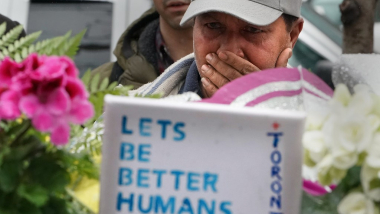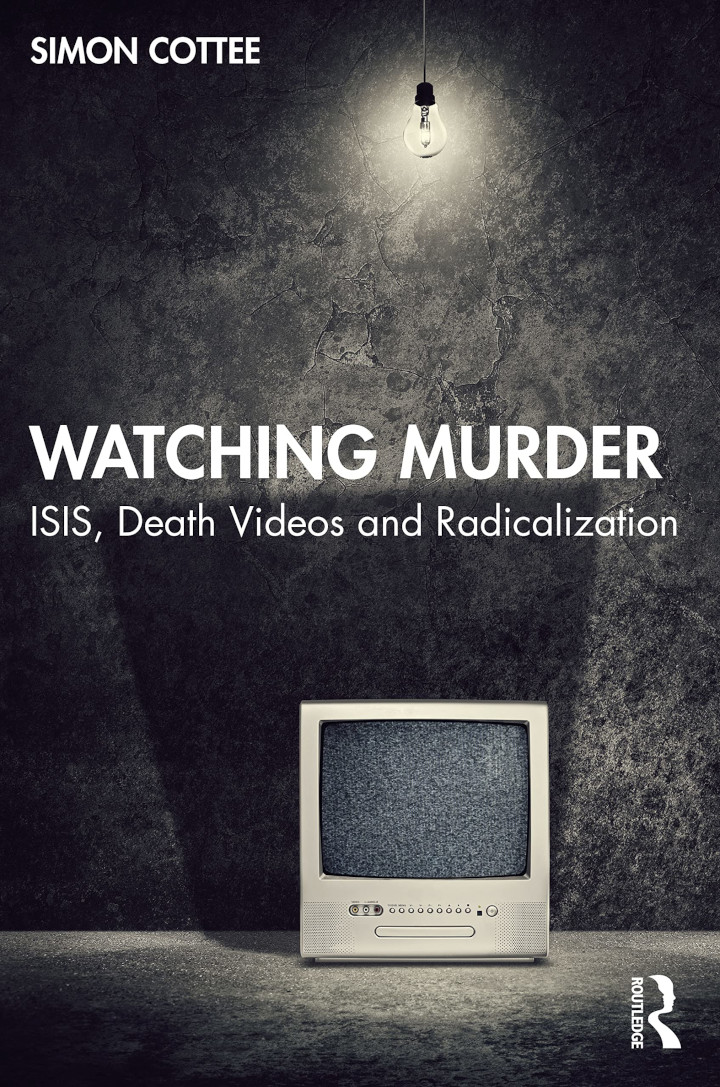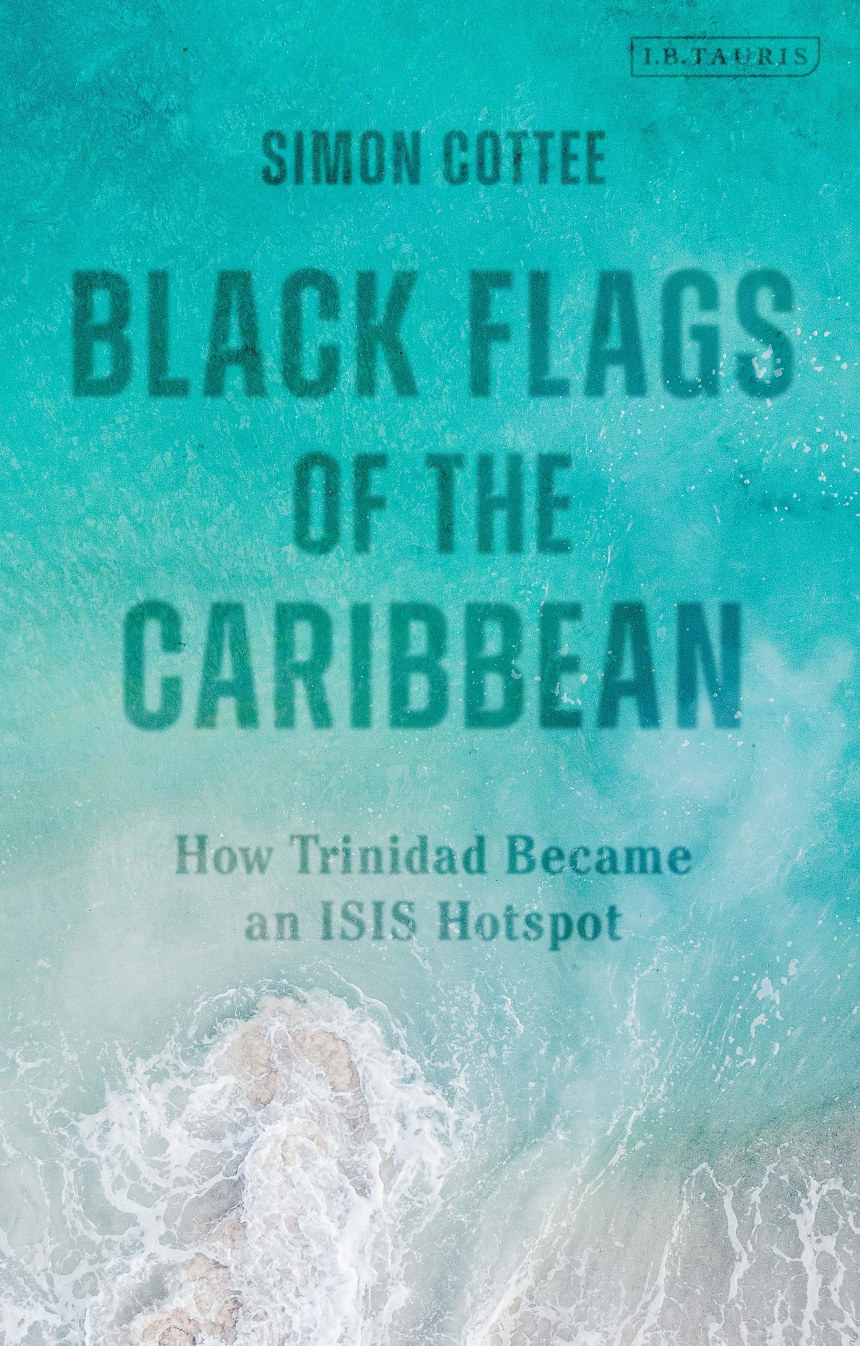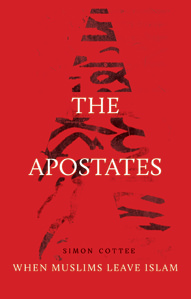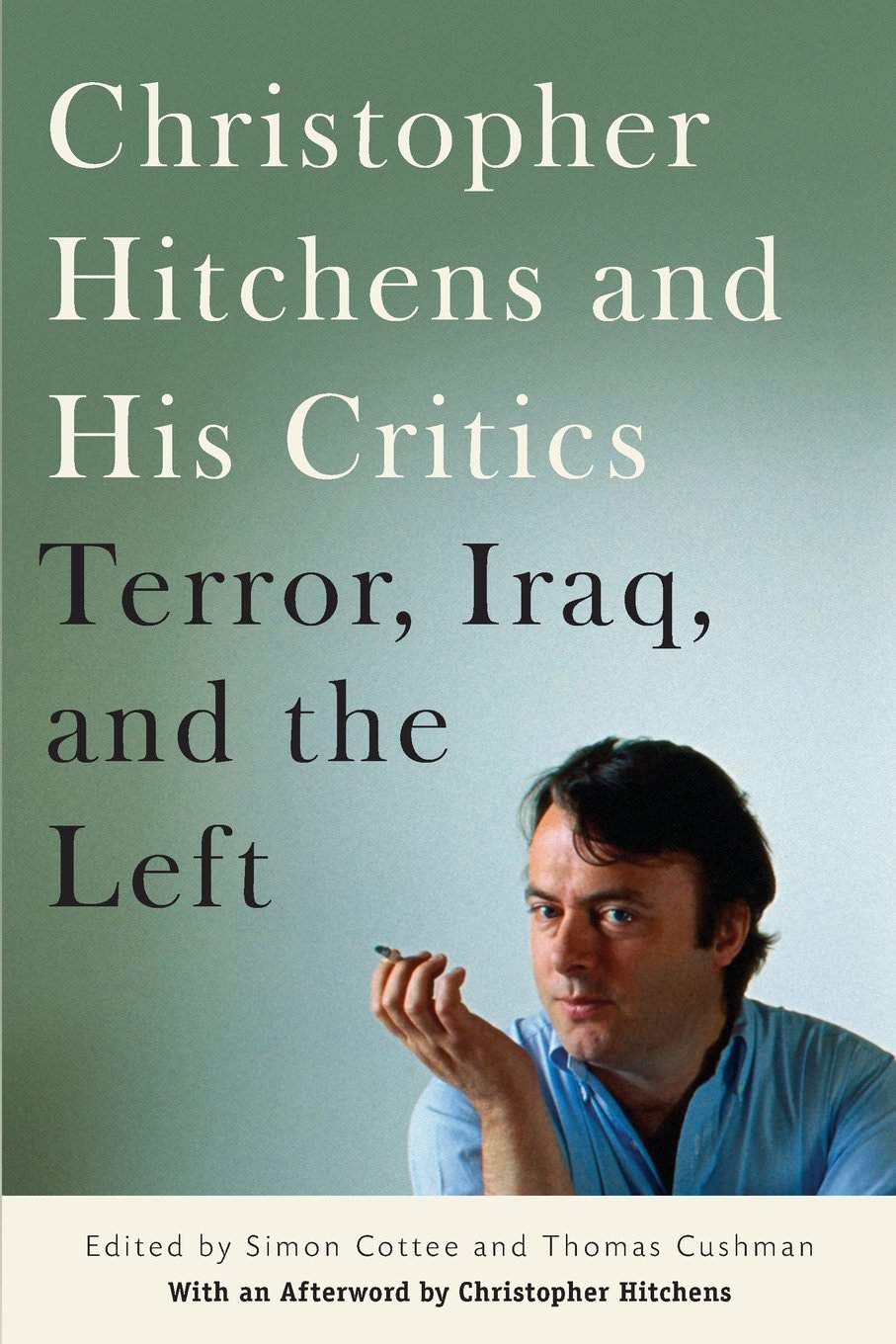Sex and Shame: What Incels and Jihadists Have in Common
As an instrument for delivering publicity, terrorism clearly works. Or at least it did last week, when the hitherto obscure term “incel” went viral after Alek Minassian drove a truck into a crowd of pedestrians in downtown Toronto. Mr. Minassian, just before carrying out his attack, wrote a post on Facebook in which he proclaimed the arrival of an “incel rebellion.” Standing for “involuntarily celibate,” the term is used as a badge of honor among a fringe online subculture of misogynists who say they hate women for depriving them of sex. So now we know.
